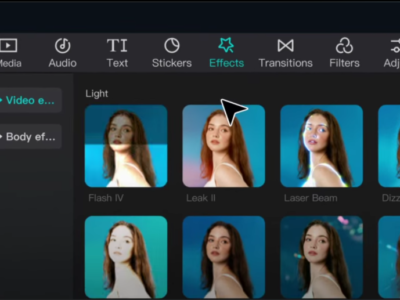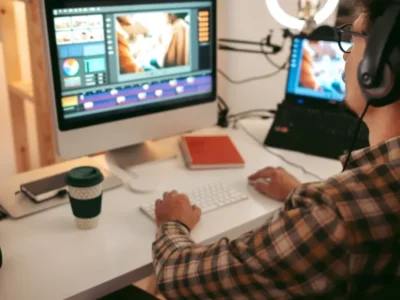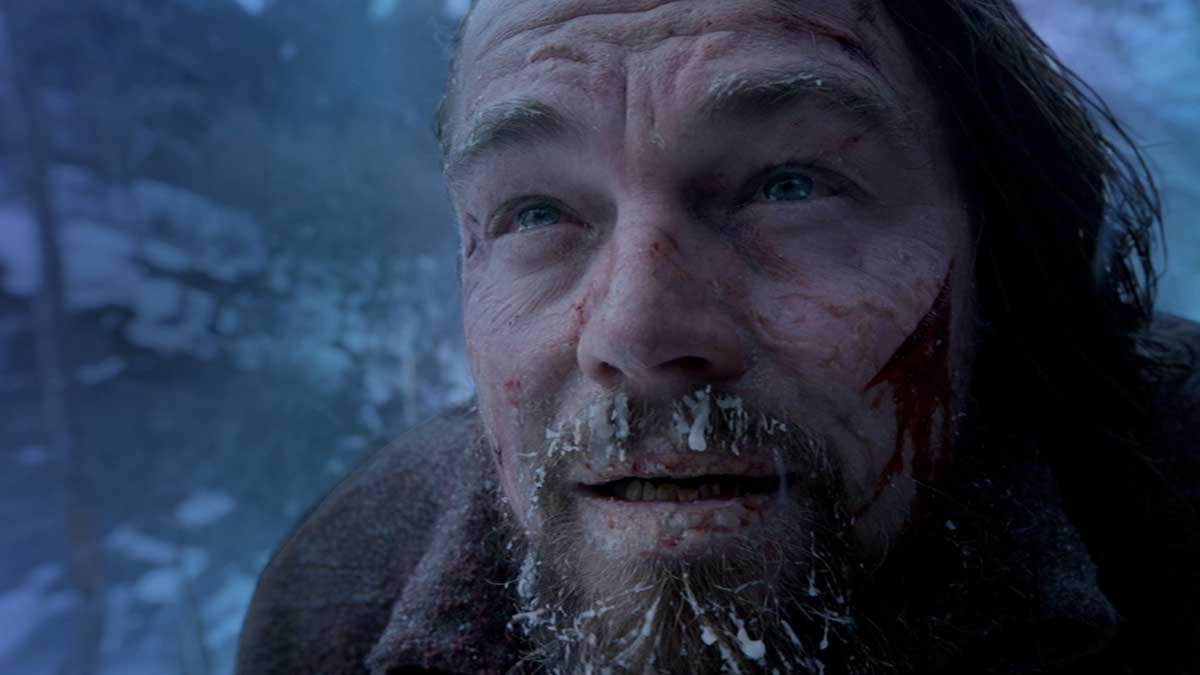How to become a film director? That is the question that is in the heads of aspiring filmmakers. The dream, fueled by childhood inspirations from iconic movies, such as “Godfather” or “Jurassic Park,” ignites the passion to create captivating visual narratives. However, the path to directing greatness is rarely a linear one. Many aspiring visionaries find themselves caught in the complexities of the industry, working on projects far removed from their directorial aspirations. This guide aims to navigate the intricate waters of the filmmaking world and provide actionable insights for aspiring directors.

1. Gain Directing Experience: Nurturing the Craft
- In the quest for directorial prowess, the acquisition of hands-on experience is paramount. Directing isn’t merely orchestrating the movements on set or refining edits; it’s about actively shaping narratives and coaxing compelling performances from actors.
- Delve into the heart of directing by organizing opportunities, irrespective of possessing a camera. Work with actors, crafting scenes that challenge and inspire. This real-world practice is the crucible in which raw talent transforms into seasoned directorial finesse.
2. Experiment and Learn: The Alchemy of Creativity
- Directing is a fusion of technical proficiency and creative alchemy. Break free from the shackles of conventional genres and techniques. Challenge yourself to embrace the unexplored; for instance, organizing an exploration of on-screen romance without the constraints of traditional formats.
- Cultivate an environment where experimentation is not just tolerated but celebrated. Each venture into uncharted territory becomes a brushstroke on the canvas of your directorial journey.
3. Expand Your Network: The Tapestry of Connections
- Networking is the lifeblood of the film industry, but its essence lies in genuine connections rather than superficial exchanges. Traditional networking events can feel like speed dating for professional connections, lacking the depth needed for meaningful collaboration.
- Seek connections at film festivals and creative workshops, where the focus is on shared passions and storytelling. Forge relationships that extend beyond mere professional utility, creating a tapestry of connections that enrich both your personal and professional life.
4. Embrace Relentless Persistence: Navigating the Storm
- Success in filmmaking is a tempestuous journey that demands unwavering persistence and determination. The storms of setbacks and the towering achievements of others should not sway your course. Instead, find solace in the pursuit of mastery, the expansion of your network, and the seizing of opportunities.
- Be relentless in your commitment to personal growth and the pursuit of your creative vision. The setbacks are but fleeting tempests on the horizon of your greater journey.
5. Create Your Own Opportunities: The Architect of Dreams
- In the realm of filmmaking, waiting for opportunities to knock is akin to surrendering to the whims of fate. Be the architect of your dreams, the maestro orchestrating the symphony of your directorial destiny.
- Proactivity and resourcefulness are the cornerstones of creating opportunities. Whether it’s orchestrating a weekend shoot or collaborating on a passion project with fellow creatives, be the driving force propelling your dreams into reality.
Film Composition Examples
Within this FREE PDF, you will discover:
- film composition examples in movies
- how filmmakers employ composition techniques
- how to create unforgettable cinematic experiences

6. Cultivate Versatility: The Director’s Arsenal
- A versatile director is a powerful director. Cultivate a diverse skill set that extends beyond traditional boundaries. Familiarize yourself with various genres, master the art of storytelling in different formats, and embrace emerging technologies that redefine the filmmaking landscape.
7. Nurture Your Unique Voice: The Auteur’s Signature
- Every great director leaves an indelible mark on their work, a unique signature that distinguishes them as auteurs. Identify and nurture your unique voice, that elusive quality that sets your directorial vision apart from the rest.
8. Learn from Critique: The Director’s Crucible
- Embrace critique as the crucible in which your skills are refined. Constructive feedback is the catalyst for growth, offering insights that elevate your craft. Foster an environment where feedback is welcomed, and each critique becomes a stepping stone toward directorial excellence.
9. Immerse Yourself in Cinema: The Director’s Classroom
- Directors are perpetual students of cinematic art. Immerse yourself in the vast tapestry of world cinema. Study the classics, dissect contemporary masterpieces, and absorb the diverse cultural nuances that enrich storytelling.
10. Mentorship: The Guiding Light
- Seek mentorship from seasoned directors who have traversed the path before you. Learn from their experiences, glean insights into the industry’s inner workings, and draw inspiration from their journey. A mentor can illuminate the way, providing guidance that transcends textbooks and workshops.
How to Become a Film Director: Conclusion
In the grand tapestry of filmmaking, the journey to becoming a film director or video editor is an exploration of self, a mastery of craft, and an unwavering commitment to storytelling. With each step, you forge a path uniquely yours, leaving an indelible mark on the cinematic landscape. Embrace the challenges, relish the victories, and let the symphony of your directorial journey resonate through the annals of filmmaking history.
Film Composition Examples
Within this FREE PDF, you will discover:
- film composition examples in movies
- how filmmakers employ composition techniques
- how to create unforgettable cinematic experiences

Explore related content

Video Editing Tips CapCut: Tips, Tricks, and Techniques
Video editing is an art, and there are proper tools and techniques, through them everybody… Read More »Video Editing Tips CapCut: Tips, Tricks, and Techniques

Factors to Consider Before Buying a Video Editing Computer
From helping grow your brand and business to editing just for fun with the love… Read More »Factors to Consider Before Buying a Video Editing Computer

Best Video Editing Monitors in 2024
In the evolving world of video production, the importance of a high-quality monitor cannot be… Read More »Best Video Editing Monitors in 2024
